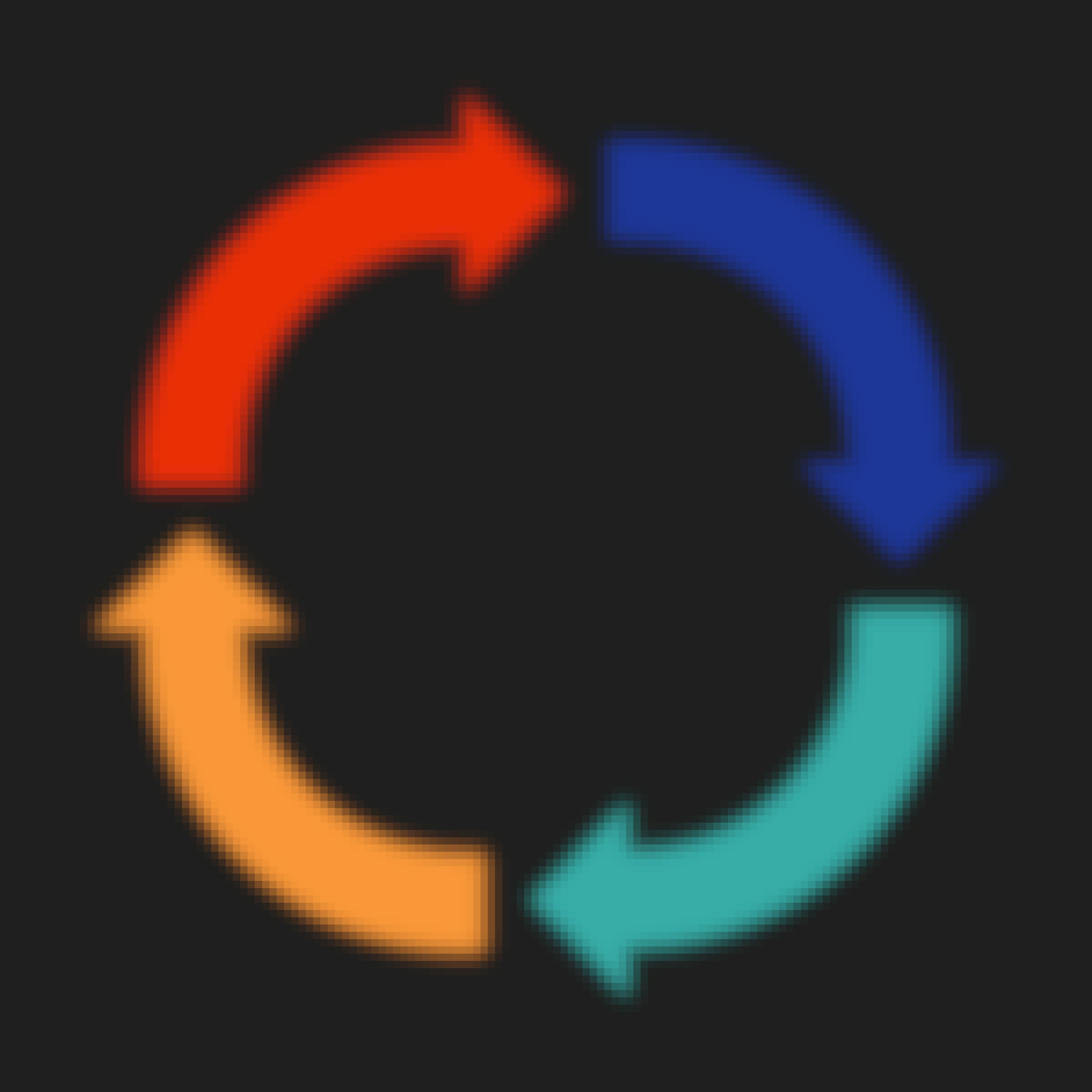Filter by
The language used throughout the course, in both instruction and assessments.
267 results for "git"

LearnKartS
Skills you'll gain: Linux
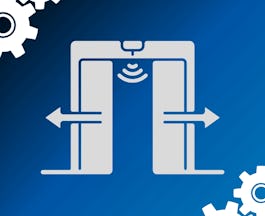
Duke University
Skills you'll gain: Software Testing
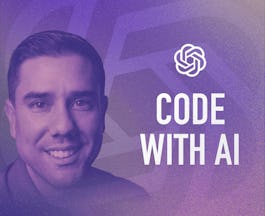 Status: Free
Status: FreeScrimba
Skills you'll gain: Computer Programming, Javascript, Machine Learning
 Status: Free
Status: FreeCoursera Project Network
Skills you'll gain: Javascript, Web Development, Web Development Tools
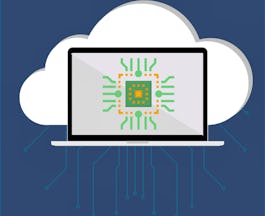
Duke University
Skills you'll gain: Cloud Computing, DevOps, Continuous Delivery, Amazon Web Services, Cloud Applications, Cloud Engineering, Cloud Platforms, Continuous Integration, Devops Tools, Machine Learning Software, Cloud-Based Integration, Data Management, Software Architecture, Software As A Service, Software Engineering Tools, Software Testing, Machine Learning, Google Cloud Platform, Software Engineering, Applied Machine Learning, Big Data, Extract, Transform, Load, Other Cloud Platforms and Tools

Coursera Project Network
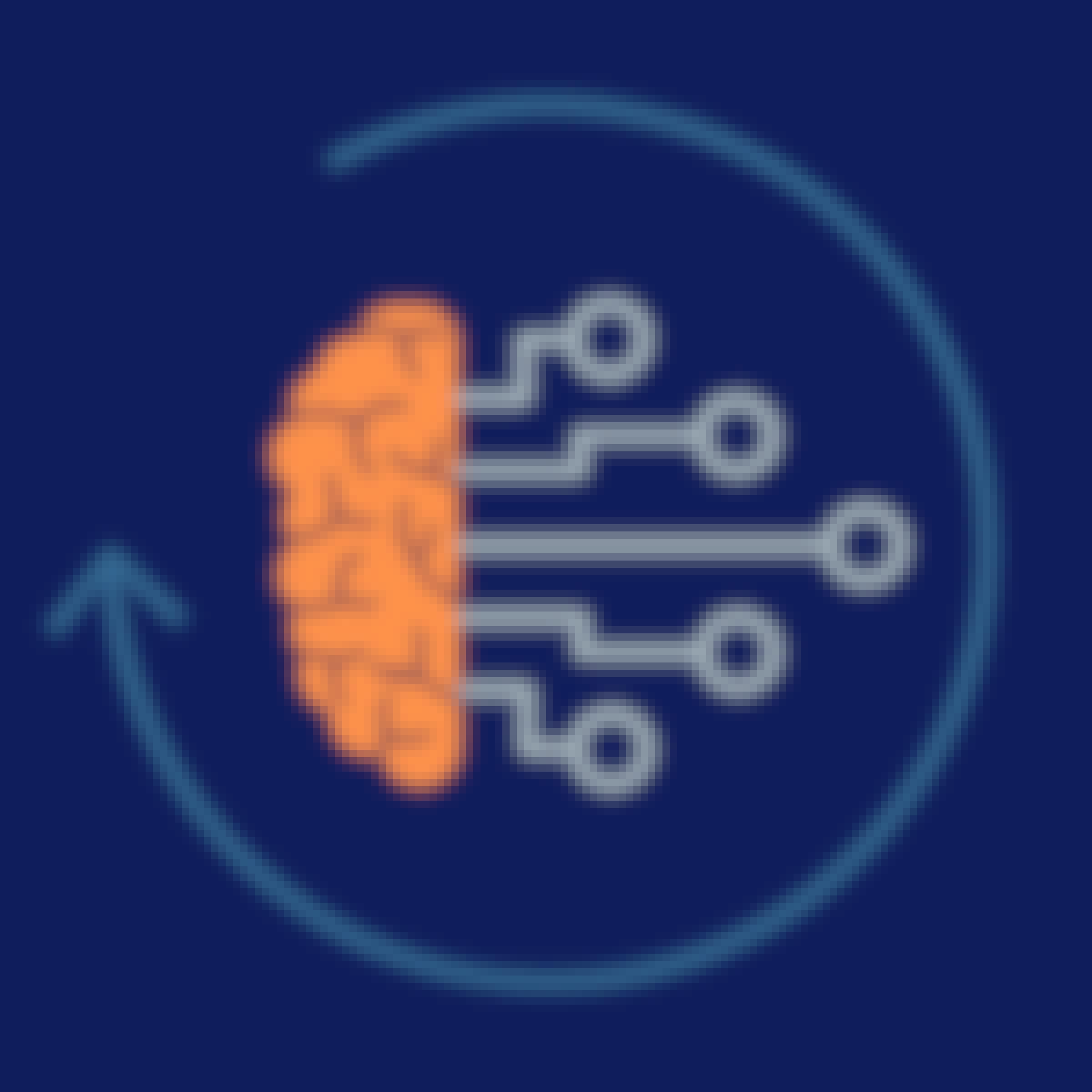
Duke University
Skills you'll gain: Machine Learning, Microsoft Azure, Python Programming
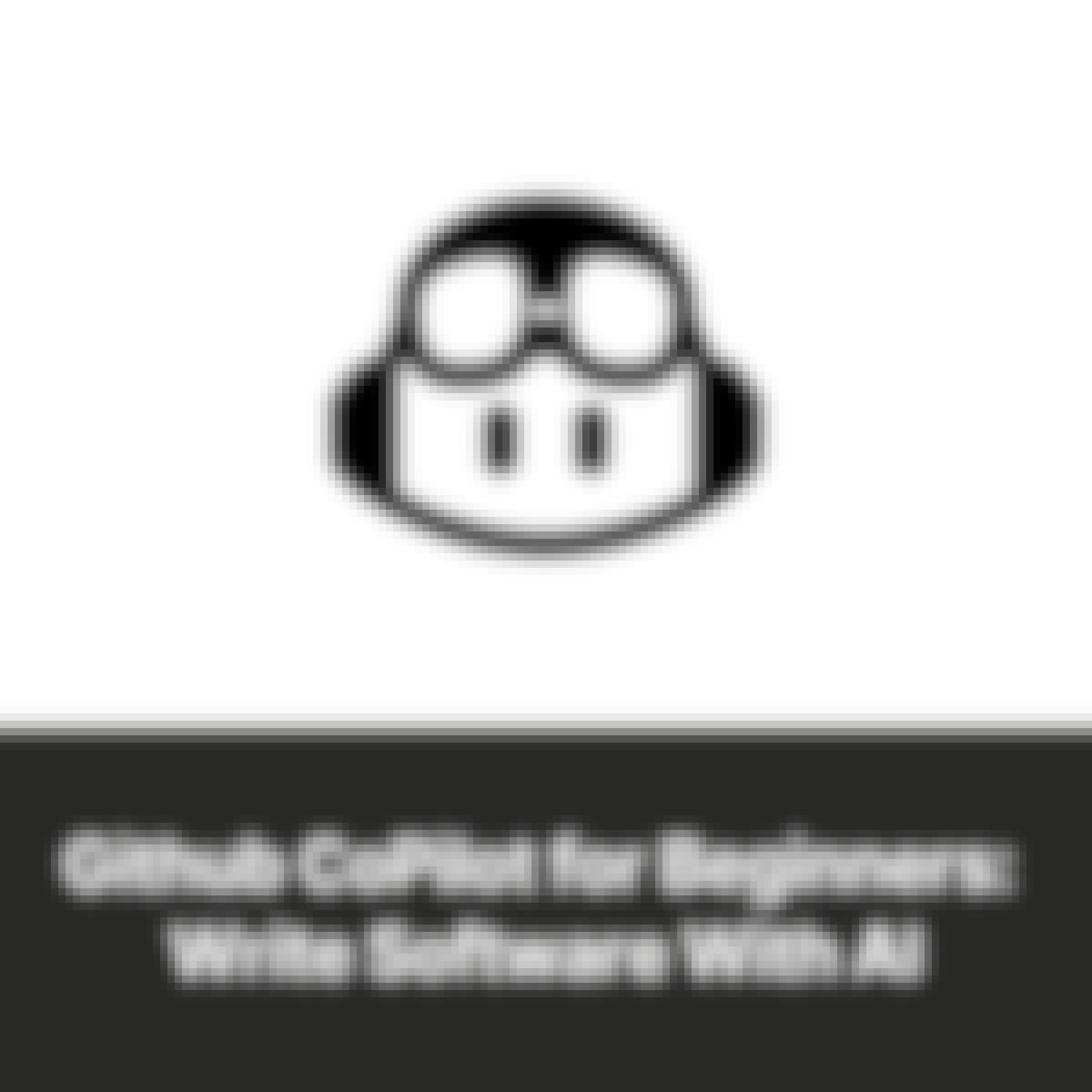
Coursera Project Network
Skills you'll gain: Machine Learning, Software Engineering, Web Development Tools
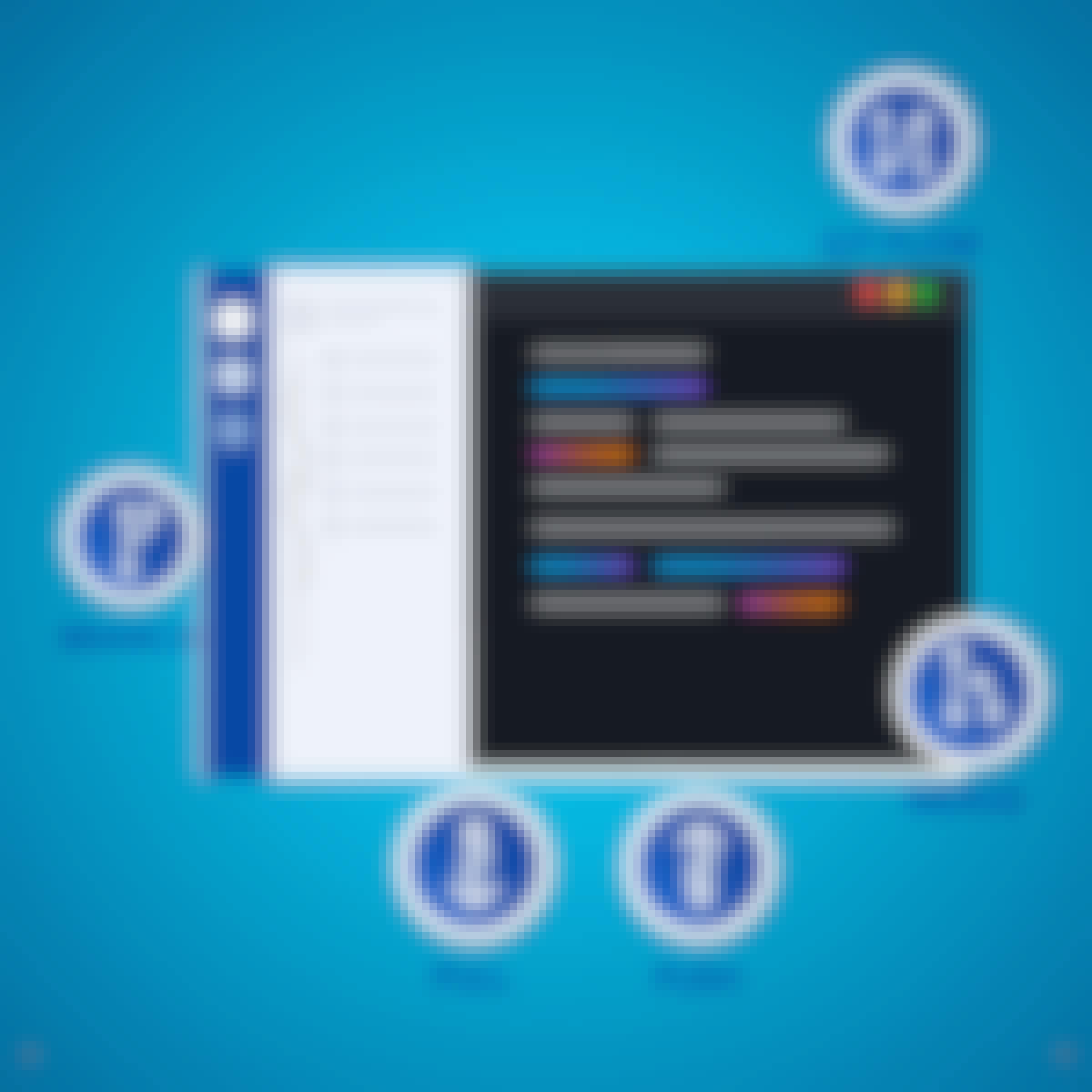
Skills you'll gain: Data Visualization
 Status: Free
Status: FreeCoursera Project Network
Skills you'll gain: Data Analysis, Data Visualization, Python Programming
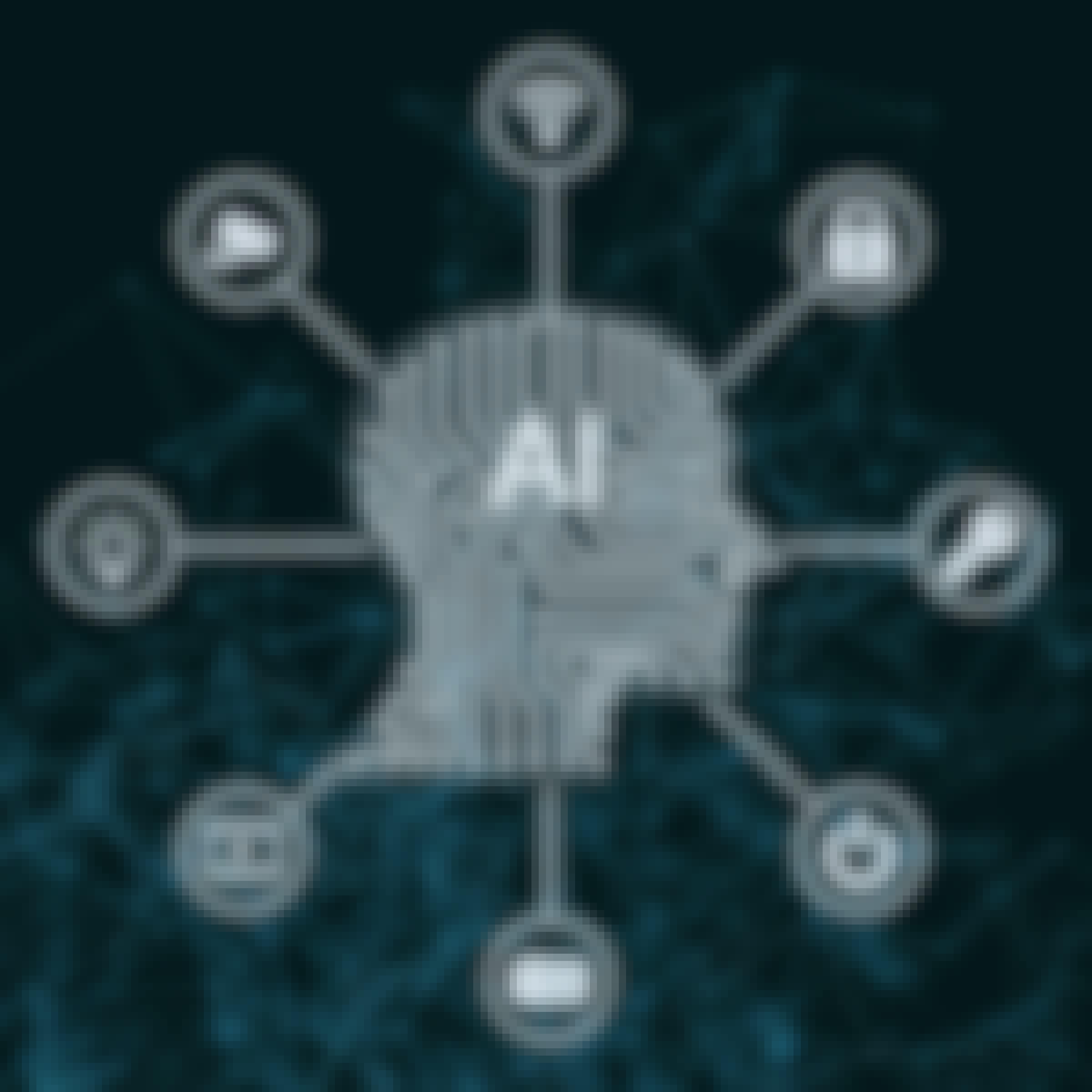
Skills you'll gain: Cloud Computing, Machine Learning
In summary, here are 10 of our most popular git courses
- Git Fundamentals: LearnKartS
- Introduction to GitHub Actions: Duke University
- Learn to code with AI: Scrimba
- Build a CRUD Node.js and MongoDB employee management web-app: Coursera Project Network
- Building Cloud Computing Solutions at Scale: Duke University
- من خلال التطبيق العملي GitHub و Git تعلّم أساسيات: Coursera Project Network
- MLOps Platforms: Amazon SageMaker and Azure ML: Duke University
- Github CoPilot for Beginners: Write Software With AI: Coursera Project Network
- GitHub Copilot: The AI Pair Programmer for Coding: Edureka
- Clean and analyze social media usage data with Python: Coursera Project Network
